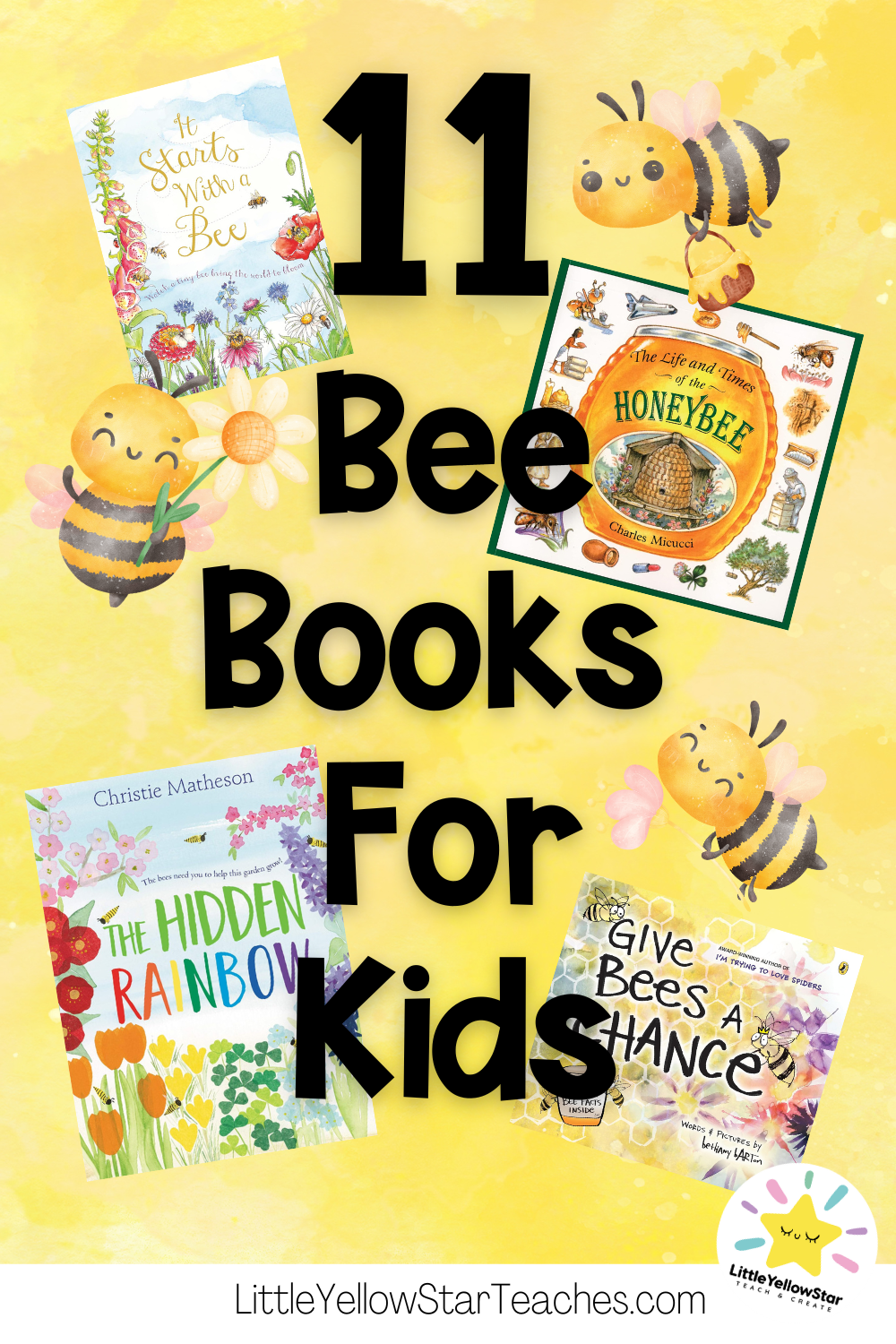***Disclosure: This post contains an Amazon affiliate link that at no additional cost to you, I may earn a small commission when you purchase through the link from my blog. Thank you for your support!
In the classroom and at home, we constantly look for opportunities to uplift our children. One way that we love to use is praising children.
But, have you ever considered the power of your praise? The way you praise children can greatly affect the type of mindset they cultivate: a fixed mindset or a growth mindset.
As a former classroom teacher that truly believes in the power of Growth Mindset, I had to learn how to praise differently in order to help my little learners cultivate a mindset that will serve them the best.
Now, as a parent, it is more apparent to me how important our words are. After hearing how my mother and husband used fixed mindset praises with my daughter, I knew I had to jump into action. Fixed mindset-type praises come naturally to us because they are what we are used to. I needed an easy way for the adults in my child’s life to change the way they praise her. And, I’m here to share that tip with you!
In this post, we will go into full detail about what fixed mindset praise is versus growth mindset praise. We will look at the research on why growth mindset praise is so powerful. And finally, I will give you an easy way to remember how to offer effective growth mindset praise, I use the acronym G.R.I.T., along with a Free poster for you to have handy.
Why Your Praise Matters
Groundbreaking research by Dr. Carol Dweck at Stanford University reveals how the nature of praise impacts our children’s success trajectories. Children with a growth mindset, the belief that their abilities can be nurtured and expanded, consistently outperformed their peers who believed their abilities were static.
One of the key differentiators? The type of praise they received.
Empty praise, like “You’re so smart!” can unintentionally promote a fixed mindset. On the other hand, highlighting effort, strategy, and improvement fosters a growth mindset, equipping children to embrace challenges and persist through setbacks.
Grit and Growth Mindset
Before we continue, it is important to know that grit and growth mindset are two influential concepts in the realm of psychology and education, and while they are distinct, they share interconnected themes. Both play pivotal roles in how individuals approach challenges, learn, and achieve their goals. The way we praise individuals, especially children, can significantly impact the development and manifestation of both grit and growth mindset.
- Grit: Defined by Angela Duckworth, grit centers on passion and perseverance for long-term goals. It’s about staying committed to your goals, even when progress is slow or obstacles seem insurmountable. Gritty individuals demonstrate a consistent effort over time, regardless of immediate rewards or setbacks. They have a clear vision of the future they’re working towards and are willing to work hard, even in the face of challenges, to achieve it.
- Growth Mindset: Developed by Carol Dweck, the concept of a growth mindset posits that abilities and intelligence can be developed through dedication and hard work. Individuals with a growth mindset believe they can grow and improve through effort, strategies, and input from others. This contrasts with a fixed mindset, where individuals believe their talents and abilities are static.
- Interrelation: While grit emphasizes sustained effort and commitment to long-term goals, a growth mindset focuses on the belief in one’s capacity to grow and learn. An individual with grit but without a growth mindset might persevere but may not believe they can improve or grow from challenges. Conversely, someone with a growth mindset but lacking grit might believe in the potential for growth but give up too quickly when faced with obstacles.
Want to learn more about Carol Dweck’s and Angela Duckworth’s research? You can listen to both of their books for free on audible, if you sign up for a free trial here.
Check Out Rainbow Mindfulness Books and More!
Fixed Mindset Praise Examples and Their Implications
We’ve all said things like, “You’re talented!” or “You’re so smart!”
While these come from a place of love and admiration, over time, they might inadvertently set up a standard. They can inadvertently create pressure on children to consistently perform at a high standard to maintain their perceived identity. If they face challenges or setbacks, they might feel that they’ve failed or that they’re not as “smart” or “talented” as once believed. It’s beneficial to be aware of these implications and consider shifting towards a growth mindset approach, which emphasizes effort, strategies, and the potential for development and learning.
Fixed Mindset Praise Examples:
- “You’re so smart!”
- “You’re a natural at this.”
- “You have a gift in mathematics.”
- “You’re born to be a writer.”
- “You’re the best artist in the class!”
- “You got it right; you must be really good at this!”
- “You didn’t even have to try. It’s so easy for you.”
- “You’re a genius!”
- “You’ve always been good at this.”
- “It’s amazing how you can do that without even practicing.”
Growth Mindset Praise Examples and Their Implications
Praising the journey rather than the destination. Focus on their effort, strategies, perseverance, and improvements. Recognize the sweat and tears, the little triumphs, and the giant leaps.
When children hear this kind of praise, they’re more likely to understand that challenges are a part of the learning process and that they have the ability to grow through dedication and effort. This encourages them to embrace challenges, persist in the face of setbacks, and see effort as a path to improvement.
Growth Mindset Praise Examples:
- “I can see how hard you worked on this!”
- “Your perseverance really paid off on that project.”
- “I’m proud of how you approached that challenge.”
- “You’ve been practicing, and it shows!”
- “The strategy you used to solve that problem was very effective.”
- “I noticed you didn’t give up, even when it got tough.”
- “It’s great to see the progress you’ve made from all your effort.”
- “Your dedication and focus helped you improve.”
- “You’re learning more and more every day.”
- “I appreciate how you took feedback and used it to improve.”

How To Offer Growth Mindset Praise Effectively
It’s all about the process and not the outcome; that’s the way to offer growth mindset praise. However, I know that it’s not something that comes naturally to everyone, especially growing up used to receiving and giving fixed type praises.
But fear not! I’ve distilled this transition into a memorable acronym: G.R.I.T.
Let’s unpack it:
G – Genuine Appreciation
Praise should come from the heart. Children, with their sharp intuition, can sense genuine praise. Empty words can feel hollow. Praise them when it’s due, and when there’s constructive feedback to give, let it be kind and encouraging.
Examples of Fixed Vs. Growth:
- “You are such a hard worker!”
- “I’ve genuinely admired how hard you’ve been working on this project.”
- “You are so smart!”
- “Your thoughtful approach to that problem really impressed me.”
- “You are a great helper!”
- “I love that you took the extra time to help put all the books away.”
R – Reflect on Strategies and Processes
Encouraging children to think about the strategies they employed can deepen their understanding and instill an appreciation for the process, not just the outcome. Reflection reinforces the idea that it’s okay to make mistakes as long as we learn from them. Instead of only praising, have a quick conversation.
Examples of Fixed Vs. Growth:
- “You are so great at math!”
- “The strategy you chose for that math problem was quite interesting. Tell me more about it.”
- “You’ve improved!”
- “Comparing your work from last month, it’s evident how you’ve refined your techniques.”
- “You write so much better!”
- “I noticed that you have added transition words in your writing, and it’s making everything flow better.”
I – Inquire
Inquiring minds want to know! And we should cultivate that curiosity. It emphasizes curiosity and a deeper desire to understand, not just accept results at face value. By inquiring, children become active participants in their learning journey.
Examples of Fixed Vs. Growth:
- “You are so curious!”
- “What sparked your interest in this topic?”
- “You solved the problem!”
- “How did you come up with this solution?”
- “You made it work!”
- “Why did you think this method worked?”
T – Target Effort, Not Ability
The backbone of a growth mindset is the belief that abilities can be developed over time. By praising effort, we shift away from the notion of fixed intelligence and towards the power of perseverance.
Examples of Fixed Vs. Growth:
- “Your writing is amazing!”
- “I can see the dedication and time you’ve put into your writing. It’s really paying off!”
- “You are so talented!”
- “Remember when you struggled with this concept? Look at how far you’ve come with consistent effort!”
- “You are a natural artist!”
- “I noticed that you draw every day after school, and it really shows in your drawings!”
The next time you find yourself on the cusp of offering praise, take a brief moment to run through the G.R.I.T checklist. Doing so ensures that your words not only uplift but also empower children with the belief that their potential is boundless, limited only by the breadth of their efforts and the depth of their determination. Remember, with the right mindset, every challenge becomes an opportunity for growth. Embrace it with G.R.I.T!
Are You Excited To Change Your Language?
It’s so crazy to think that our language can help sculpt future thinkers, dreamers, and leaders! If you have read all the way to this paragraph, I know that you care; you care for the children you serve. I just want to remind you that you are doing amazing, and we are human. Don’t stress over it if growth mindset praises don’t come naturally to you right away. It still doesn’t to me.
I love that you are making the conscious decision to help your child/children cultivate the mindset that will lead them to success.
For those keen to delve deeper, I’d recommend Dr. Carol Dweck’s book “Mindset: The New Psychology of Success.” It’s a treasure trove of insights into fostering growth mindsets.
Do share your experiences and stories using the G.R.I.T. approach in the comments. Let’s learn and grow together, one praise at a time!
Prima at LittleYellowStar
* * *









